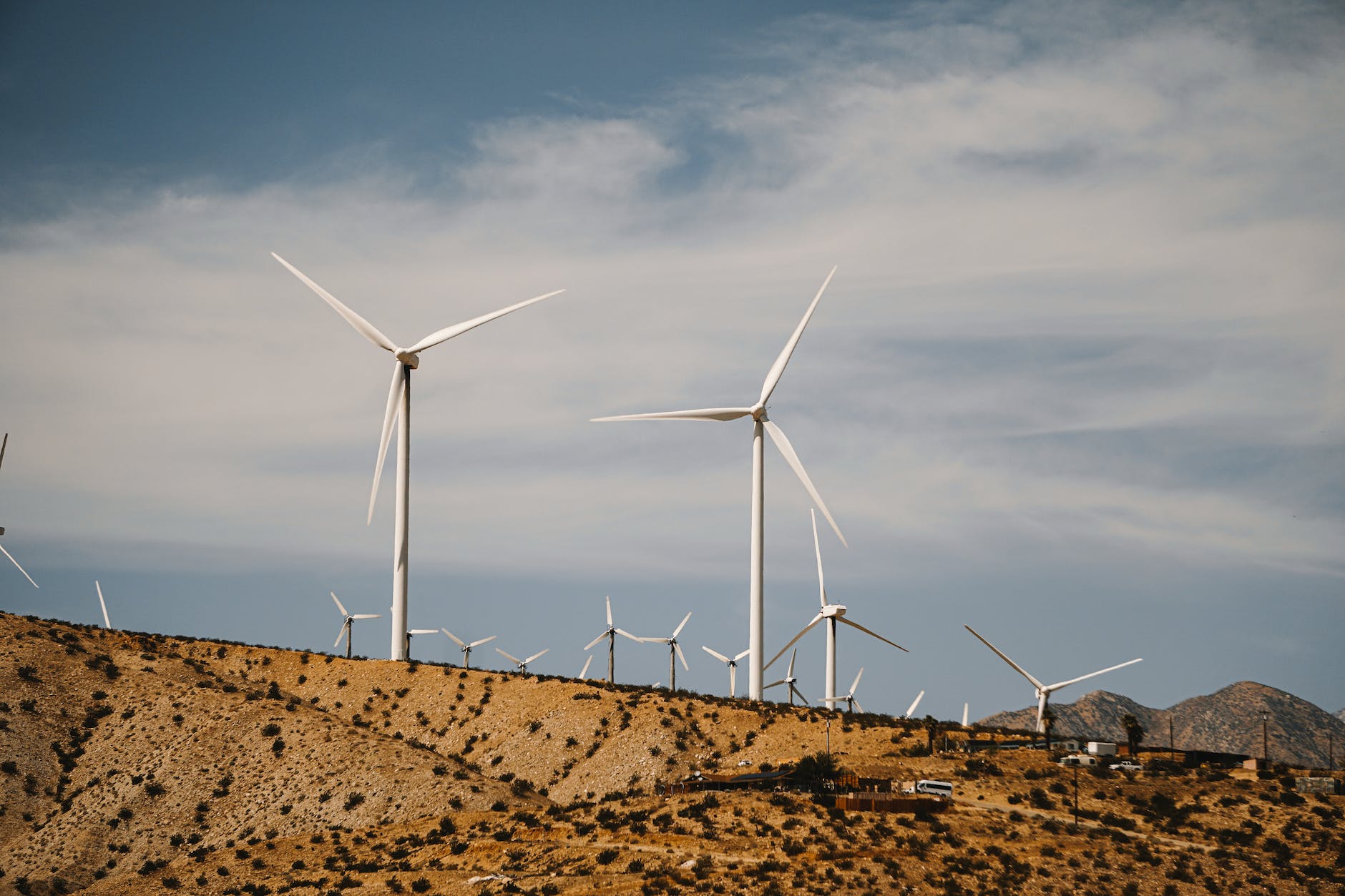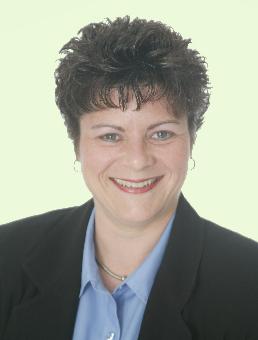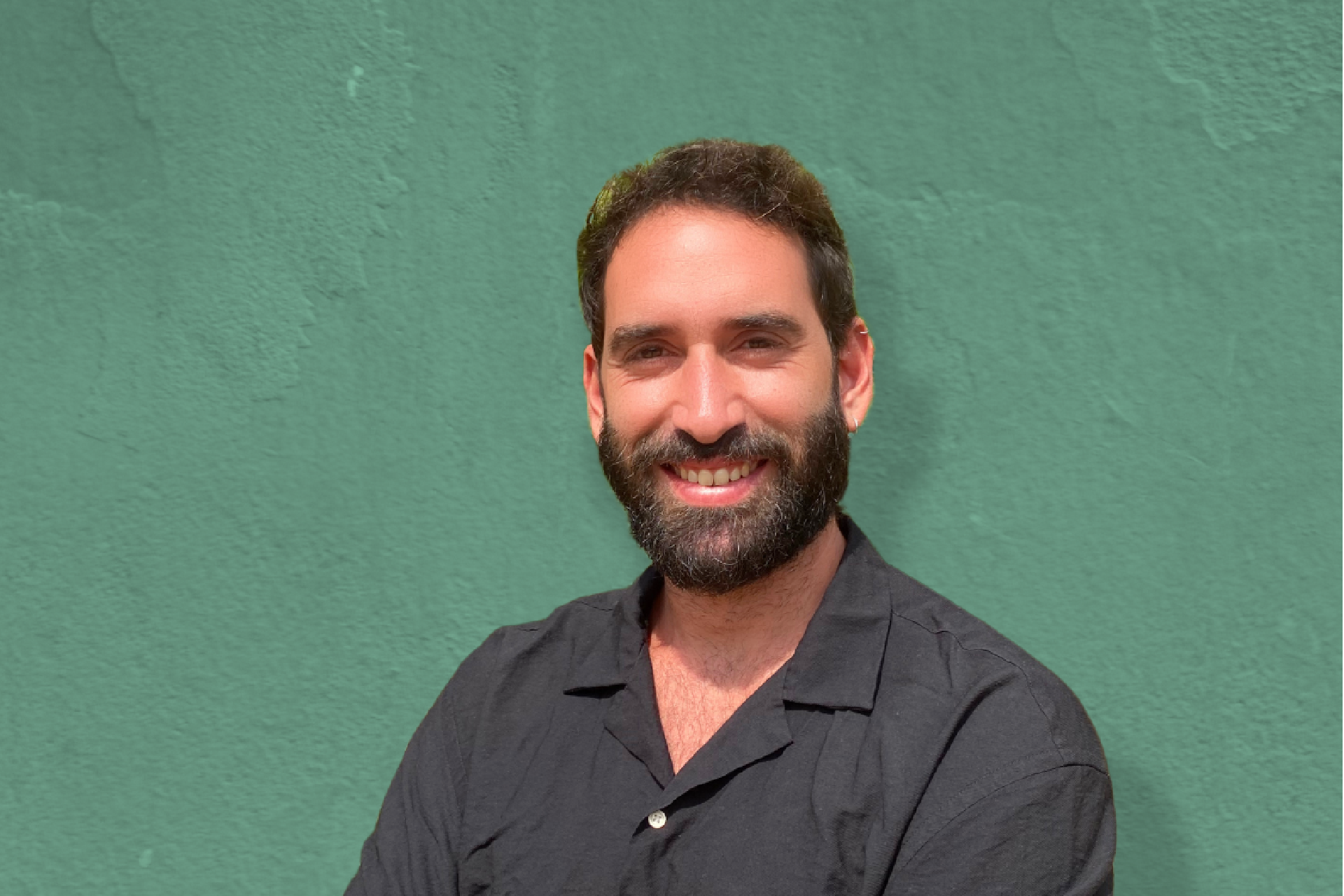
Green Success Stories has spent a lot of time recently focusing on how leaders in finance are using their influence to help shape a sustainable world by investing in cleantech startups, and adding sustainable practices to their business. We sat down with Jaye Whittaker, the Director of Green Experts Academy, to learn about her experience working in finance and sustainability.

Jaye, thank you for being here. Tell us a little bit about you and your background:
My background has been focused on finance, as well as climate change and sustainability. I have a Bachelor’s Degree and an MBA in Finance and eCommerce, plus a Master’s Degree in Nonprofit Management. I hav been active in the green community in San Diego for 15 years, where I co-produced seminars on green jobs, green businesses and public policy, taught financial analysis of green projects at the University Master’s level, and authored articles on climate change and green jobs.
I was a key member of the Green Team at a major corporation headquartered in San Diego, where I identified and analyzed ways for the company to reduce its carbon footprint and costs. Most recently, I created and launched an online video course on green jobs and climate change on www.greenexpertsacademy.com. I’m an expert and advisor in financial analysis, budgeting, forecasting, cutting costs, other financial techniques, and in managing the operations and personnel of small, medium and large businesses, corporations, and non-profit organizations.
What is a fun fact about you?
I grew up in a small town in Ohio in a musical family, playing flute and piano and performing duets with my Mom, who sang, played piano, and was active in many arts organizations throughout her life. In my 20s, I pursued a Masters degree in Arts Management at The American University in Washington, D.C. and for 10 years, I managed performing arts organizations in Washington, D.C. and San Francisco, CA.
Why do you think climate change and sustainability is such an important topic today?
After living through 50 named hurricanes in Ft. Lauderdale, FL, including Katrina and Wilma, I decided that climate change was the #1 existential issue facing humanity today. People all over the world are already suffering the consequences of excessive greenhouse gas emissions: islands and coastal areas are flooding, other areas in the world are experiencing extreme drought and losing potable drinking water and the ability to farm, extreme weather events are becoming the norm and we are losing biodiversity and species of plants and animals. The bottom line is that the planet will go on, but it will become more and more uninhabitable, so climate change is really about the survival of humans and other species. We are facing the 6th Mass Extinction.
What do you envision your industry looking like 10 years from now?
I try to be optimistic, but I fear that the pandemic and the current threats to democracy all over the world have overshadowed the urgency to act now to fight climate change. If we all commit to change one thing in our lives once a month, then we can begin to make a dent and further climate adaptation and mitigation. If everyone commits to make changes, then we could see solar panels on every roof and over every parking lot, high speed rail, zero emissions vehicles, buildings, and eventually communities and nations.
What can the average person do to make a difference?
Every job is becoming a green job and every business is becoming a green business. Everything has changed. If we are to prevent the climate crisis from getting worse, then everything we do must change to become more sustainable at home, in our jobs and in our communities. There are so many opportunities to address climate adaptation and mitigation by using renewable energy, reducing the carbon footprint of our buildings and transportation, and working with your town or city to adopt a Climate Action Plan.




